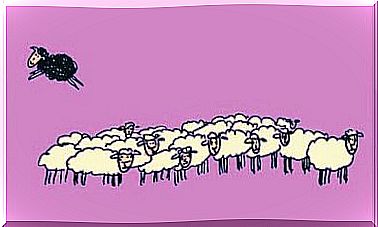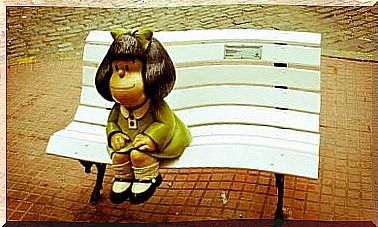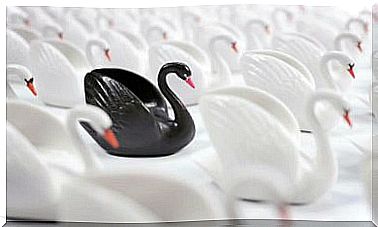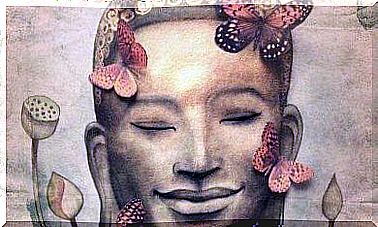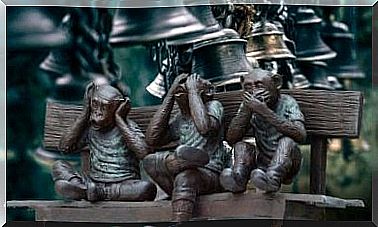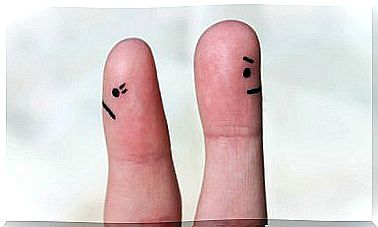Philosophy Of Knowledge: Is What We Know True?

Can we really know if we know something? The philosophy of knowledge is the discipline that studies everything that refers to the capacity for knowledge : the scope it can have, the origin of what we know, its nature…
Plato, in one of his works devoted to this subject, Theaetetus , speaks of a discussion between Socrates and Theatus. It explains that the only way to understand knowledge is to define it as a true and justified belief. For many years, this definition was held to be true (with some modifications) until the arrival of the American philosopher Edmund Gettier.
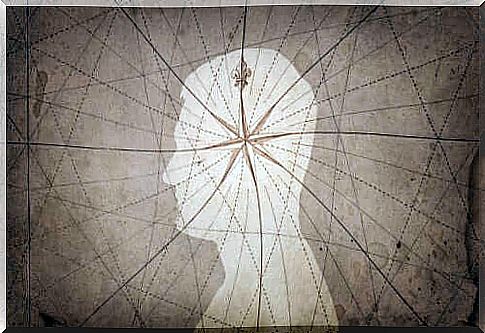
Philosophy of knowledge: what do we know, according to Gettier?
In your work Is Justified True Belief Knowledge? , Gettier tried to show that a true and justified belief may not be knowledge. How can this be? If I think it rained yesterday because water was falling from the sky and I came home soaking wet after jumping over puddles, couldn’t that really be knowledge?
Apparently, in the above example, it’s counterintuitive to say that my knowledge of what happened is wrong. But Gettier introduced some variables to make us see that a belief, even justified, can be wrong.
Let’s say I have a friend, Marcos, who bought a red X sports car. Yesterday he came to show me and gave me a ride. From this experience I can deduce that “a friend of mine has a red X sports car”.
But Marcos, who is a very fickle person, sold that car to our friend Emilio. The previous proposition, “a friend of mine has a red X sports car”, even if it is true, does not generate true knowledge, because the friend I was referring to was Marcos. We are inferring a correct conclusion from a wrong premise.
But then, what do we know?
In the case above, our justification fails, but it exists and, supposedly, this is what is needed to form knowledge: a justification. So, to avoid all this difficulty, it would be necessary that the justification also be totally true and, thus, one could speak of knowledge .
Therefore, we would need a justification for justification, and a justification for the justification of justification, ad infinitum . Gettier put us in an infinite loop.
Gettier doesn’t know anything
Early reactions to Gettier’s objections were to attack these assumptions, arguing that they were not true counterexamples to the definition of knowledge as a true and justified belief.
Some have argued that it is possible to justifiably believe something false (as was the case with the friend and the car). If the belief that allows one to infer that something is true were false, there would be no justification for believing it.
Thus, as the three conditions of the classical epistemological model (belief, truthfulness, justification) would not be met, there would be no knowledge.

Let’s reflect on the philosophy of knowledge
Let us imagine that someone is called to appear before a court for having committed a fault; in this case, the judgment is justified. But sometimes the justification can be wrong and that’s why the person is put on trial.
We cannot put this person in prison because, although the trial is justified, there is no certainty that he committed a crime. If not, why go through the bureaucratic and tiresome trial process? It would be much easier to openly condemn him. This is a clear example that there can be justification but not certainty.
Let’s imagine again. We often trust our senses. If we have good reasons to believe something, believing it is justified. But would we blame someone for being wrong about an optical illusion or a trompe l’oeil? Would we say that this person is not justified in believing what he believes?
It seems clear, by way of conclusion, that the justification required varies according to the importance of the subject we are dealing with. But then… do we know anything? The answer to this question is in you.
